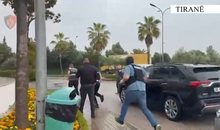
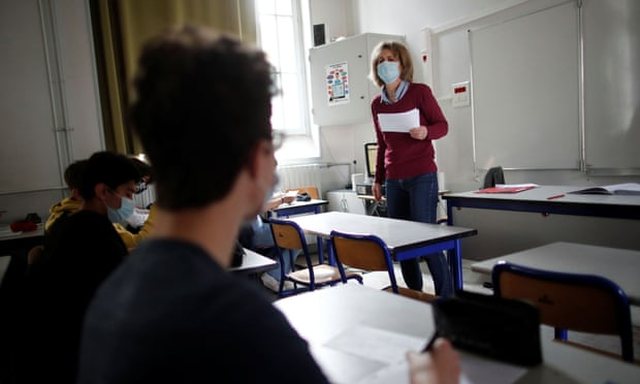
Schools across Europe need to stay open and become safer for staff and children. This has been demanded by the World Health Organization (WHO) and UNICEF, as the new 'Delta' variant is becoming more and more broadcast.
"The pandemic has caused the most catastrophic disruption of education in history," said Hans Kluge, head of the WHO region in Europe. "It is vital that classroom-based learning continues uninterrupted."
Kluge said that as the pandemic continued, "educating children safely in a physical school environment" was "of paramount importance to their education, mental health and social skills" and should become "a primary objective" for governments.
According to foreign media , 44 out of 53 countries in the WHO region of Europe closed their schools nationwide at the height of the first wave of the pandemic in April 2020, and while most reopened in September, the numbers rose of infections sparked new restrictions and more closures in dozens of countries during the fall and winter.
Mass absences and frequent school closures continued in some places during the spring and early summer, with more than 1 million children, or 14.3% of the age group, out of school for reasons related to Covid or isolated or because the school their closed - in England in late July.
"We encourage all countries to keep schools open and urge all schools to take measures to minimize the risk of Covid-19 and the spread of variants throughout the new school year ," Kluge told a joint statement with Philippe Cori, Deputy Regional Director for the UN Children's Fund for Europe and Central Asia.
Both organizations said that teachers and other school staff should be the main target groups for vaccination, adding to the need to vaccinate all children aged 12 and over.
School facilities should also be made safer by improving classroom ventilation, reducing classroom sizes where possible, maintaining rules of physical distancing, and regularly testing both students and staff, they recommended.
"The pandemic is not over," Cori said. "Children and young people can not risk having another year of interrupted learning. They have been the silent victims of the pandemic and the most marginalized have been among the hardest hit. "
"Vaccination is our best line of defense against the virus as we continue to pursue the public and social health measures we recognize as work, including testing, sequencing, tracking, isolation and quarantine," Kluge said.
Latest news


Ndërtime pa siguri? Humb jetën punëtori boshnjak në Tiranë
2025-05-31 18:59:42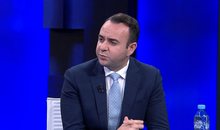

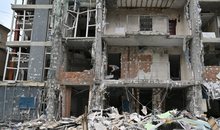
Russian attacks kill at least seven people in Ukraine
2025-05-31 17:35:43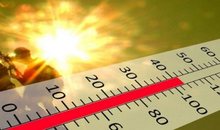
Study: Half of the world experienced one more month of summer in 2024
2025-05-31 17:10:40
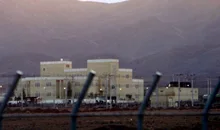


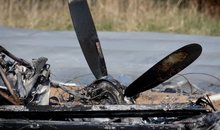
Tragedy in Germany, small plane crashes into a residential complex, two dead
2025-05-31 15:24:43
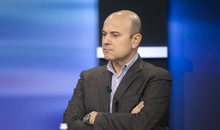

Wanted by German authorities, 22-year-old arrested at Morina border crossing
2025-05-31 14:39:44

Threat or protection? Rama's stances towards SPAK spark contradictions
2025-05-31 13:54:59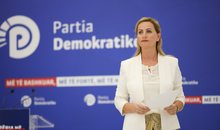

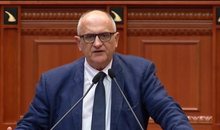
The poisoning of children in Gramsh, proof of the destruction of state control!
2025-05-31 12:59:40

Car full of contraband cigarette cartons, 48-year-old arrested in Kapshtica
2025-05-31 12:30:43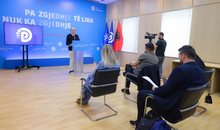


All the people (patronage) police
2025-05-31 11:59:12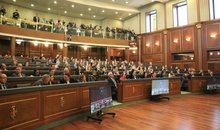
Dështon edhe seanca e 24-t, nuk ka konstituim të Kuvendit të Kosovës
2025-05-31 11:39:38

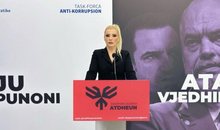

High flow of travelers at the Morina border crossing during the weekend
2025-05-31 10:20:31
Berisha will participate in the EPP Political Assembly in Brussels on June 3-4
2025-05-31 09:58:13

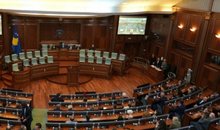
Today is the 24th attempt to constitute the Assembly in Kosovo
2025-05-31 08:58:30
Horoscope, discover the star forecast for your sign
2025-05-31 08:39:28
Weather forecast, how temperatures will vary throughout the day
2025-05-31 08:19:07
Morning Post/ In 2 lines: What mattered yesterday in Albania
2025-05-31 08:01:14
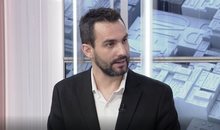
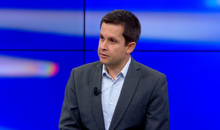
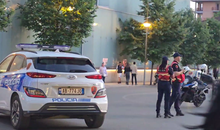
Bomb alert in a hotel in Tirana, what the police discovered
2025-05-30 22:05:17
The myth of 'eight hours of sleep' is debunked, here's what you need to consider
2025-05-30 22:01:55
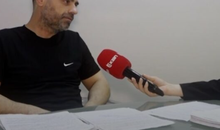
For 7 million Lek maintenance pension, the bailiff seizes his house
2025-05-30 21:42:00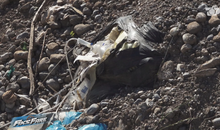

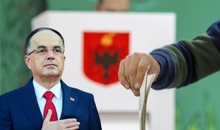
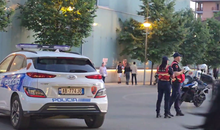
Video/ Bomb alarm in the parking lot of a hotel in Tirana, the police react
2025-05-30 20:59:35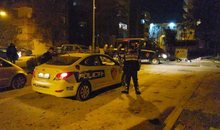
Shots fired in Durres, one injured
2025-05-30 20:50:12
Bomb alert in the parking lot of a hotel in Tirana!
2025-05-30 20:25:46
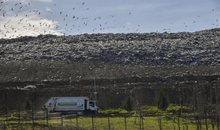
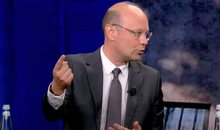

"You know who buys votes", DP official publishes video: A witness ready for SPAK
2025-05-30 19:35:50
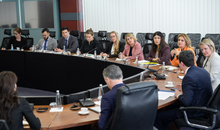
Kurti meets with members of the US Congressional staff
2025-05-30 18:59:14
The car is engulfed in flames on the Tirana-Durrës highway, what is suspected
2025-05-30 18:44:32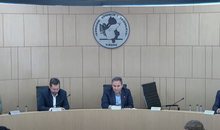


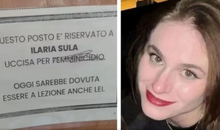
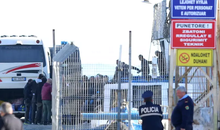

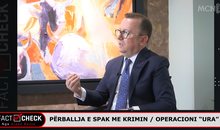
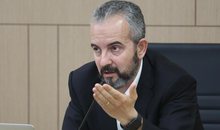
May 11/ "Bulgarian train" in Peqin, Celibashi responds to the DP
2025-05-30 16:39:25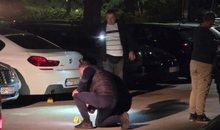
He injured his compatriot in Podgorica, the young Albanian is arrested
2025-05-30 16:30:58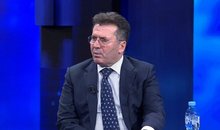
May 11th Elections, Mediu: The Electoral System Was Unacceptable
2025-05-30 16:15:04
Accident in Italy, two young Albanians lose their lives
2025-05-30 16:01:05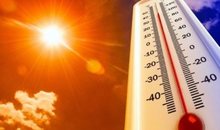
Get ready for the beach, high temperatures are expected on weekends
2025-05-30 15:49:07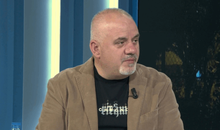

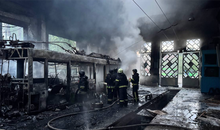
Putin ignores Trump's warnings/Russia attacks Ukraine again with drones
2025-05-30 15:10:53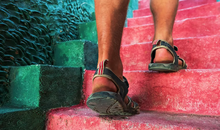
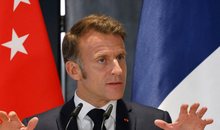
Macron: France may toughen stance on Israel if Gaza aid blockade continues
2025-05-30 14:41:14
Topalli ironizes the result in Fier: Albania in the 'club of autocrats'
2025-05-30 14:29:19
Bebe Rexha tops Billboard's list of the most streamed songs of the century
2025-05-30 14:14:52
40-year-old man injured in a chrome mine in Bulqiza
2025-05-30 13:59:30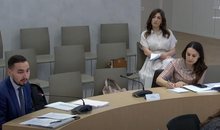
KAS reviews DP's request for the invalidity of the elections in Dibër District
2025-05-30 13:48:08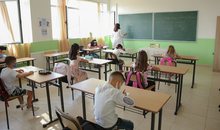
Applications open for the "Teachers for Albania" 2025 program
2025-05-30 13:30:59

DP demands repeat elections for Kukës, KAS postpones review of appeal
2025-05-30 13:04:58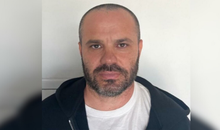

DP candidates demand recount/ Berisha: We are not blocking anyone
2025-05-30 12:41:08
Accused by Russia of supplying weapons to Ukraine, Serbia warns of investigation
2025-05-30 12:33:13

Official/ Massimiliano Allegri is the new coach of Milan
2025-05-30 12:18:45

Former CIA chief reveals the European country Putin will attack next
2025-05-30 12:01:06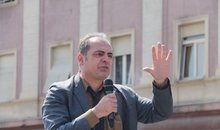
"We are a hybrid dictatorship", Goxhaj: PS is a cover for crime and power
2025-05-30 12:00:51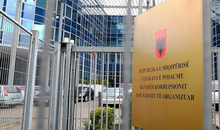
The hearing in the Special Court for the "Metamorphosis" file is postponed again
2025-05-30 11:39:05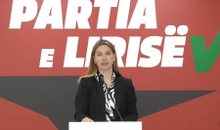
Haxhiu: Albania facing a demographic catastrophe
2025-05-30 11:33:39
Child poisoning in Gramsh, AKU: Caused by eggs contaminated with salmonella
2025-05-30 11:19:54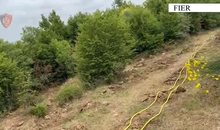
1000 cannabis seedlings in Libofshë, Fier, cultivator arrested
2025-05-30 11:10:12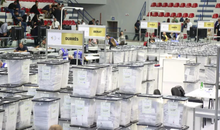

TENT network, Albania is stuck in the millions allocated for infrastructure
2025-05-30 10:42:42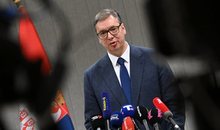
Vučić accuses the West of "being silent about the events in Kosovo"
2025-05-30 10:32:37
Five early signs that indicate you suffer from high blood pressure
2025-05-30 10:21:42
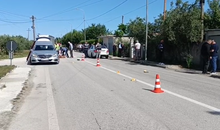
Young man fatally crashes into elderly man with car in Divjaka
2025-05-30 09:58:19